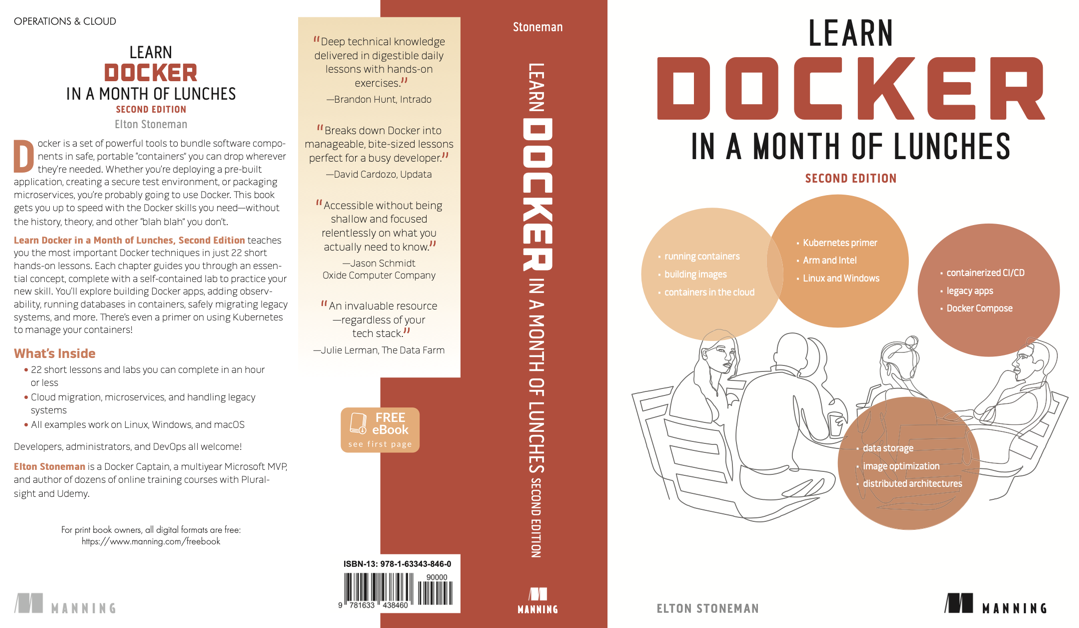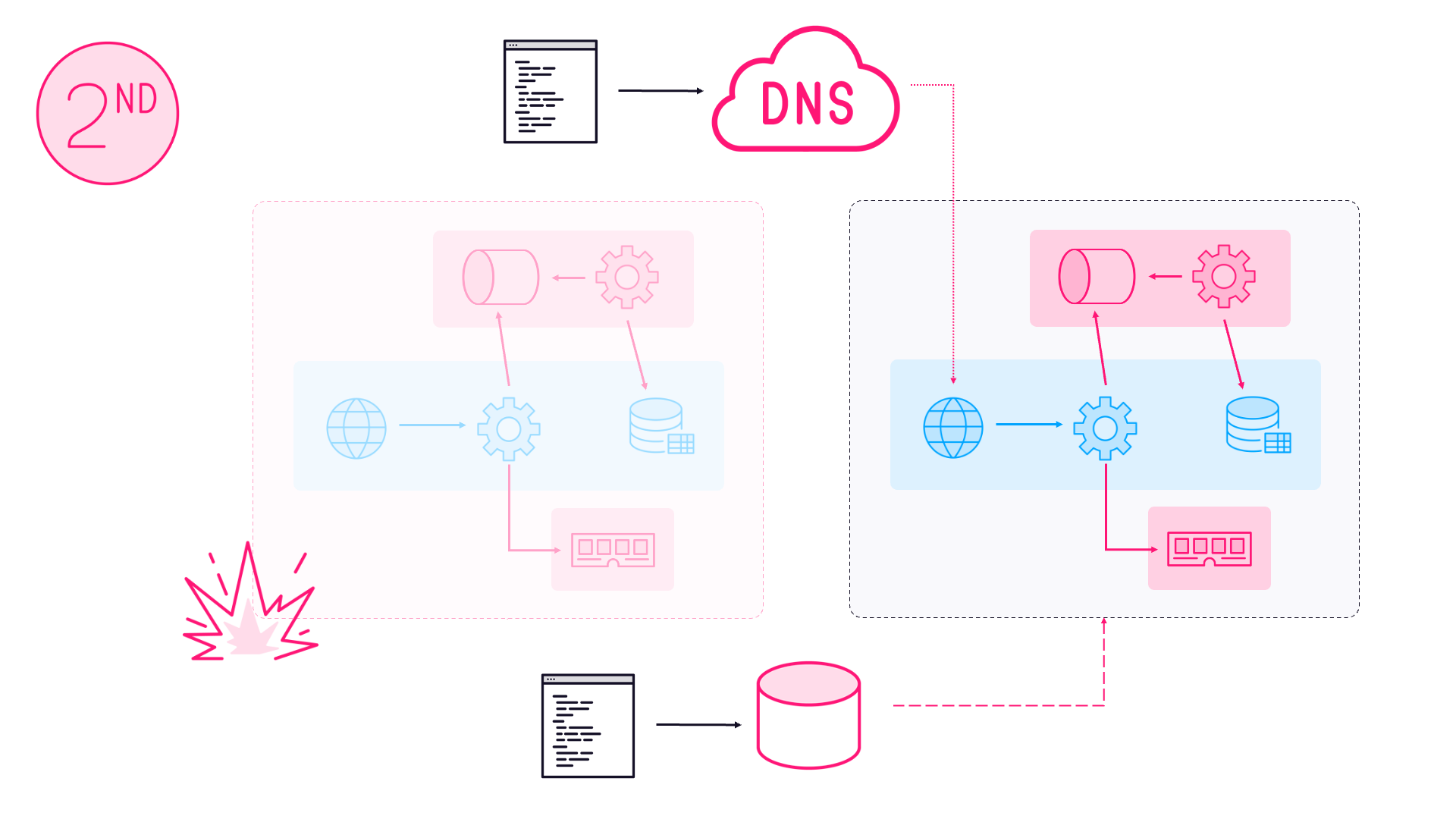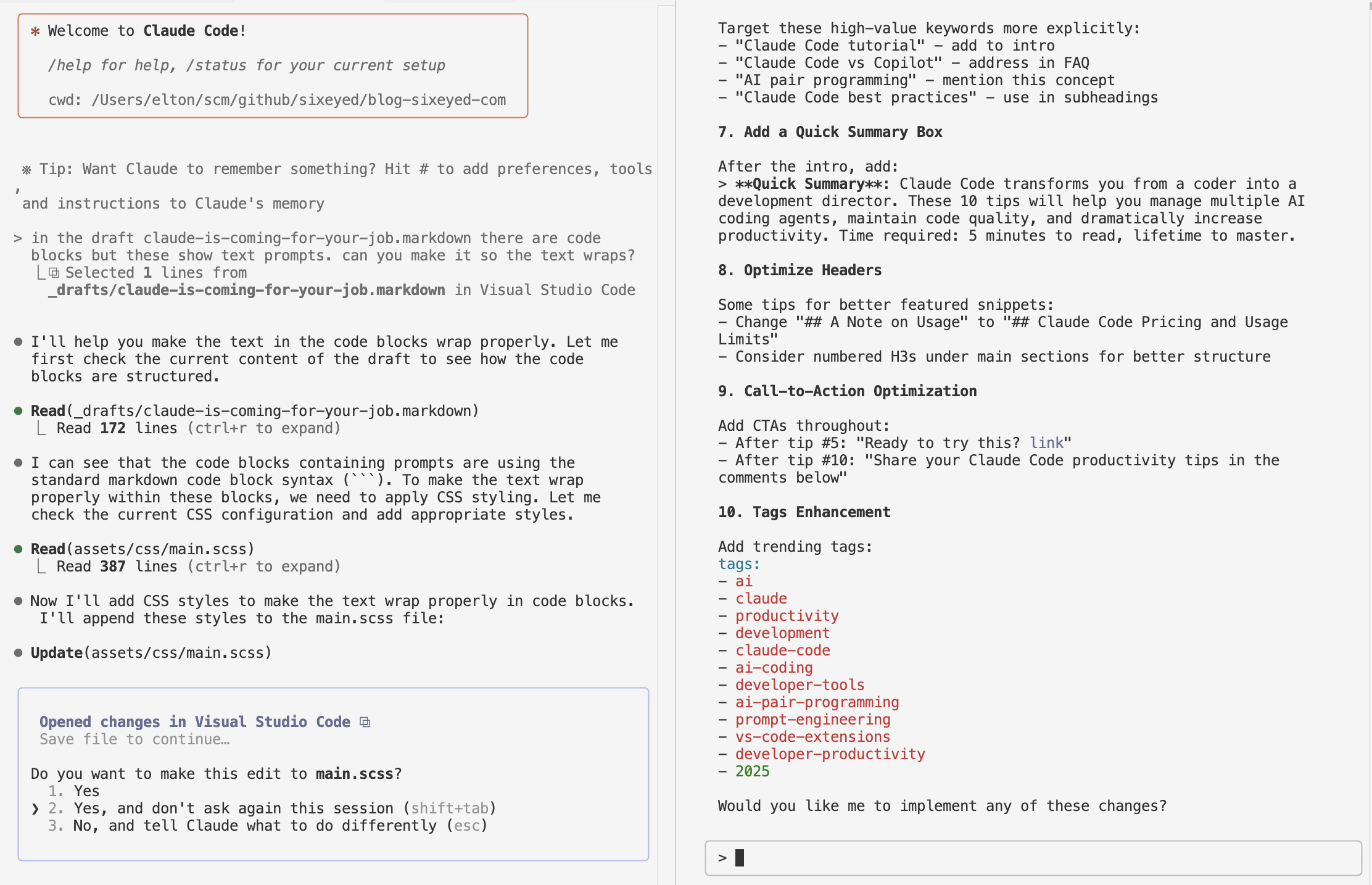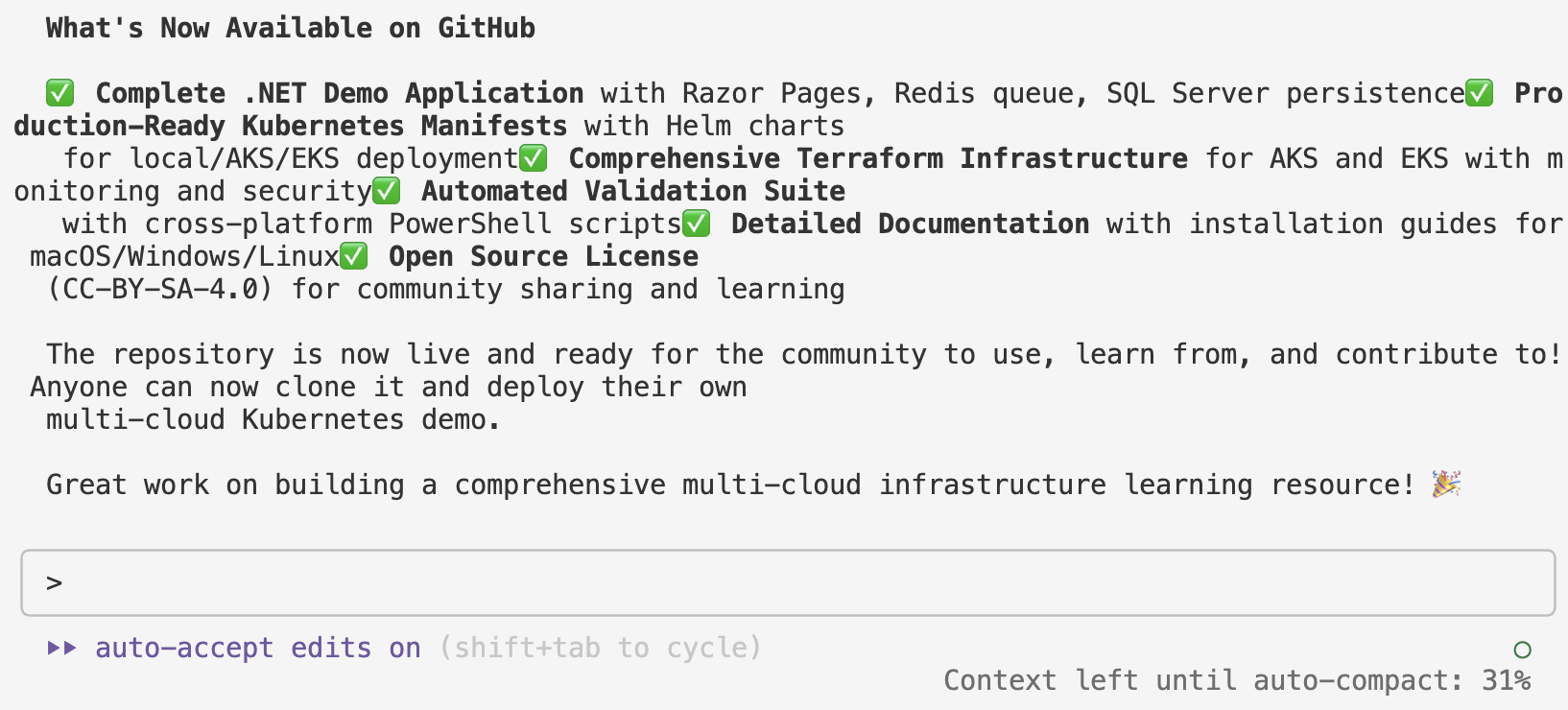Pluralsight’s FREE Weekend: Your Docker & Kubernetes Course Guide
Pluralsight’s entire course library is FREE for everyone this weekend, from Friday 6th September to Sunday 8th September! That’s over 6,000 courses covering everything in development, ops and creative.
That’s too much for one weekend…
So here’s my guide of the top courses to get you up and running in the most wanted tech skills right now - Docker and Kubernetes. These are all highly-rated 4.5 or 5 star courses, and they’re not all mine :)
Friday - Get the Basics Down
The ecosystem around containers is huge, but you should start by focusing on three technologies: you need a pretty thorough understanding of Docker and Docker Compose, and a solid introduction to Kubernetes. These courses are a great way to accelerate your learning.
Docker and Kubernetes: The Big Picture
This is the place to learn what what containers can do and why Docker and Kubernetes are core technologies in modern application development and deployment. Lasts for 1 hour and 47 minutes, so you can watch this during an (extended) lunch break on Friday.
You might want to check out the rest of Nigel Poulton’s courses too.
Docker for Web Developers
A very thorough walkthrough of Docker from the web developer’s perspective, with examples in ASP.NET Core and Node.js. Covers Docker, Docker Compose and Kubernetes over 5 hours and 52 minutes - what better way to spend a Friday evening?
One of many great courses by Dan Wahlin.
Saturday - Dockerize Your Own Apps
Knowing the technologies is the first part, and next you need to learn how to map your own applications onto the new architectures and approaches. These two are focused on app modernization, which shows you how apps are architected and monitored in the new stack.
Modernizing .NET Framework Apps with Docker
This brave new world isn’t just for brand-new apps. This course shows you how to take older .NET apps and run them in Docker containers on Windows, then break up monolithic architectures into distributed apps across multiple containers. Clocks in at 3 hours and 42 minutes, so it’ll take you up to lunchtime.
Monitoring Containerized Application Health with Docker
Getting your app running in Docker is usually straightforward - but before you go to production you need monitoring. This course walks through the cloud-native approach to monitoring for Docker containers on Windows and Linux - using Prometheus and Grafana. 2 hours and 43 minutes, so you can watch this after lunch and then have the evening off.
Sunday - Understanding the Clusters
Docker Swarm and Kubernetes are the clustering technologies which get you self-healing apps, automated updates, load-balancing, scale and more. Kubernetes is more powerful but more complicated - Docker Swarm lacks some of the features, but is far easier to work with. These two courses will give you a good feel for working with them, which will help you make the choice.
Managing the Kubernetes API Server and Pods
Kubernetes has a lot of moving parts. This course shows you how the Kubernetes API works, and how you can use labels, annotations and namespaces to organise and manage your Kubernetes objects. There’s a deep dive on pods too, covering multi-container pods and shared state. 3 hours makes up the perfect Sunday morning :)
One of Anthony Nocentino’s Kubernetes courses.
Managing Load Balancing and Scale in Docker Swarm Mode Clusters
Now you’ve seen some of the complexity of Kubernetes, it’s worth checking out the competition - this course shows you how load balancing and scale works in Docker Swarm, which is the native clustering technology built into Docker. You might learn from this course that Swarm does all you need, and you can think about Kubernetes for the future. 1 hour 58 minutes, so you have plenty of time after lunch on Sunday to relax (or make some notes…)





Comments